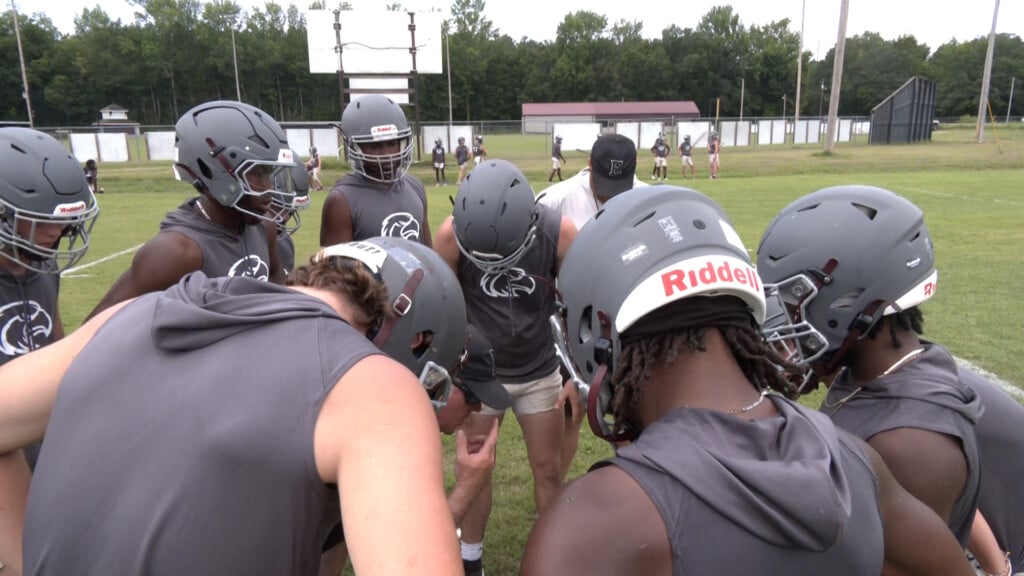Alabama postpones execution of motel clerk killer at 11th hour
Undated image provided by Alabama Department of Corrections shows Doyle Lee Hamm, whose scheduled February 22, 2018 execution was postponed late that night
Alabama Department of Corrections / AP
MONTGOMERY, Ala. — Alabama officials on Thursday postponed a scheduled execution by lethal injection of an inmate who had argued that his veins were severely compromised by illness, saying there wasn’t enough time to prepare the inmate before the death warrant expired at midnight.
The Department of Corrections announced at 11:35 p.m. that the execution of Doyle Lee Hamm, 61, wouldn’t proceed, despite an earlier green light from the U.S. Supreme Court. Corrections spokesman Bob Horton said there wasn’t enough time to prepare Hamm before midnight, but didn’t elaborate. The prison commissioner was scheduled to brief reporters later.
Bernard Harcourt, Hamm’s attorney, argued that the inmate’s veins had been severely compromised from cancer, hepatitis C and former drug use and that it would be difficult to administer the drugs by lethal injection. Harcourt wrote in court filings that Hamm’s health problems increased the “chances of a botched, painful, and bloody execution” that would be unconstitutionally cruel.
Hamm was diagnosed with B-cell lymphoma in 2014. Harcourt said there was evidence the blood cancer had progressed, while the state contended he was in remission.
State prison officials told courts last week that they intended to connect the line to a vein in his hips, legs or feet after a medical review ordered by a federal judge found that Hamm had no easily usable veins in his upper extremities.
Hamm was convicted in the 1987 killing of motel clerk Patrick Cunningham. Cunningham was shot once in the head while working an overnight shift at a Cullman motel. Police said $410 was taken during the robbery. Hamm gave police a confession and he was convicted after two accomplices testified against him in exchange for being allowed to plead guilty to lesser offenses, according to court documents.
The U.S. Supreme Court ruled about 9 p.m. that the execution could proceed, after delaying it for three hours to consider the final appeals. Justices Ruth Bader Ginsburg and Sonia Sotomayor dissented from the decision. Justice Stephen Breyer wrote that he would reconsider the constitutionality of the death penalty itself.
The state of Hamm’s health, and veins, were the subject of court filings as his attorney sought to stop the execution and the state argued it should be carried out.
Harcourt wrote in a filing to the 11th U.S. Circuit Court of Appeals that the state previously denied Hamm had venous access problems and the “rush to settle on this creative and novel protocol – simply as a means to execute Doyle Hamm as quickly and cheaply as possible – shows a deliberate indifference to his well-being that violates the Eighth Amendment prohibition on cruel and unusual punishment.”
The Alabama attorney general’s office argued that the execution should proceed. State lawyers said Hamm’s lymphoma has been in remission since 2016 and dismissed his claims of elevated pain risk as “hyperbole.”
“It has been more than thirty years since Hamm committed his capital murder. Hamm’s conviction is valid and a competent state court with jurisdiction over his case set his execution date according to Alabama law,” state lawyers wrote.
© 2018 CBS Interactive Inc. All Rights Reserved. This material may not be published, broadcast, rewritten, or redistributed. The Associated Press contributed to this report.





Leave a Reply